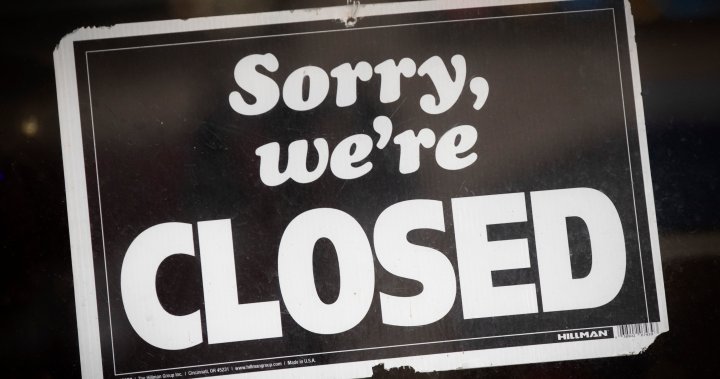The Saskatchewan Teachers’ Federation (STF) is taking the next step in job action while they undergo contract negotiations.
On Monday, Jan. 22, teachers across the province will have another one-day strike.
“Enough is enough,” STF president Samantha Becotte said Monday. “Despite the support and solidarity… this government continues to not take this process seriously.”
The one-day strike will mark the second strike taken by STF province wide.
On Tuesday, thousands of teachers, staff, parents and students were out in the cold striking.
“We had an incredible amount of support for our first day of sanction action,” Becotte said. ““If we do not take these actions when our province is in such economic prosperity according to our premier… if we cannot adequately support our students now, when will they make it a priority?”
Discussions between teachers and the provincial government for a new bargaining agreement has reached a standstill, with neither side willing to budge.
Get the latest National news.
Sent to your email, every day.
STF is currently attempting to negotiate issues like classroom complexity and sizes.
“When we negotiate, our expectation is there is a back and forth. I’m not sure the education minister understands that process,” Becotte said. “We are ready to go back to the table at any point. The education minister has my phone number.”
Education minister Jeremy Cockrill has said it is a line the government won’t cross, saying issues like classroom size and complexity are best managed by local school board.
“We have 27 locally elected school boards for a reason. If we’re going to put management issues like classroom size and complexity in a bargaining agreement, why have school boards?” Cockrill said Tuesday.
On Thursday, the Government of Saskatchewan said they are disappointed with STF’s announcement for more job action.
“The Government Trustee Bargaining Commitee (GTBC) has put forward a fair deal for teachers with a 7 per cent raise over three years, ensuring Saskatchewan teachers remain paid above the Western Canadian Average,” the statement reads. “The GTBC remains at the table, ready to discuss competitive salary and benefits but cannot negotiate without the STF at the table as well.”
“Outside of the collective bargaining process, we have said we are actively working to address concerns around class size and complexity and we are doing exactly what we said we would with a $53.1 million investment towards enrolment and complexity, a teacher-led innovation and support fund, and specialized support classroom pilot projects.”
The back and forth between STF and the government are beginning to have an impact on students.
Highschool students around the province are about to begin finals next week, and with sanctions on the top of their mind, studying might be difficult.
“Being so close to finals, it’s really hard to get the help you need with teachers and stuff when you can’t be at school,” student Sophia Greenley said. “It’s just really hard to feel like you’re actually getting the help you need from teachers when the strike is going on.“
For high school student Zack Bingaman, he said the thought of potentially cutting extra curriculars in the future is unfortunate as he is on the basketball team, but says he understands why it might happen.
“Other than Tuesday, (the strike) it hasn’t really affected anyone too much,” he said. “It’s a little frustrating, but my mom’s a teacher so I understand.”
For Lily Duffield, she said classroom sizes and complexity are issues she has seen in schools.
“There’s lots of kids in classes, so teachers have a hard time getting to every student, and you’re learning is affected by it,” Bingaman said.
For now, however, students will be out of school Monday as teachers hit the picket line.
© 2024 Global News, a division of Corus Entertainment Inc.



